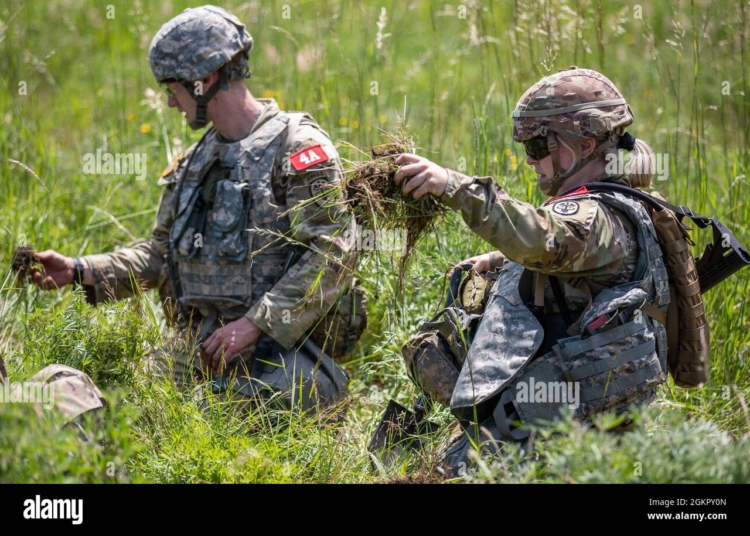In ‘On Combat’ by Colonel Dave Grossman, the warrior ethos is defined as the mindset and values that shape a warrior. Grossman explores the physical and psychological effects of combat, emphasizing the importance of understanding the physiological responses to stress and fear. He also highlights the crucial role of training in developing the warrior ethos, advocating for realistic scenarios that simulate the chaos of combat. Additionally, Grossman addresses the issue of post-traumatic stress disorder (PTSD) and encourages readers to apply the principles of the warrior ethos in everyday life. Overall, his book provides valuable insights for individuals seeking to understand and embody the warrior ethos.
Warrior Ethos: Digging into ‘On Combat’ by Colonel Dave Grossman
The Warrior Ethos Defined
The warrior ethos, according to Colonel Dave Grossman, is the mindset and values that define a warrior. It encompasses courage, selflessness, and a commitment to protect and serve others. In his book ‘On Combat’, Grossman delves deep into the psychological and physiological aspects of combat, shedding light on the warrior ethos and what it means to be a warrior.
Understanding Combat
Grossman’s ‘On Combat’ explores the physical and psychological effects of combat on the human body and mind. He discusses the importance of understanding the physiological responses to stress and fear, and how to overcome them in the heat of battle. This understanding is crucial to developing the warrior ethos, as it enables individuals to prepare themselves mentally and physically for the demands of combat.
The Importance of Training
Grossman emphasizes the vital role of training in the development of the warrior ethos. He stresses the significance of physical and mental conditioning, as well as the need for realistic training scenarios that simulate the chaos and intensity of combat. Through rigorous training, warriors can cultivate the skills and mindset necessary to face the challenges of warfare with courage and resilience.
Post-Traumatic Stress Disorder (PTSD)
In ‘On Combat’, Grossman addresses the issue of post-traumatic stress disorder (PTSD) and its impact on warriors. He discusses the psychological toll of combat and the difficulties many veterans face in readjusting to civilian life. Grossman advocates for greater support and understanding for individuals suffering from PTSD, emphasizing the importance of empathy and compassion in helping them heal.
Applying the Warrior Ethos
Grossman encourages readers to apply the principles of the warrior ethos in their everyday lives, not just in the context of combat. He emphasizes the value of selflessness, courage, and resilience in facing the challenges of life, and the importance of serving and protecting others. By embodying the warrior ethos, individuals can cultivate a sense of purpose and strength that transcends the battlefield.
Conclusion
Colonel Dave Grossman’s ‘On Combat’ provides a comprehensive and insightful exploration of the warrior ethos. By delving into the psychological and physiological aspects of combat, Grossman offers valuable insights into the mindset and values that define a warrior. His book serves as a powerful resource for individuals seeking to understand and embody the warrior ethos, both in the military and in their everyday lives.











